Kamera: Ania Holthausen, Schnitt/Produktion: ZoominTV
A short trip to Amsterdam City /


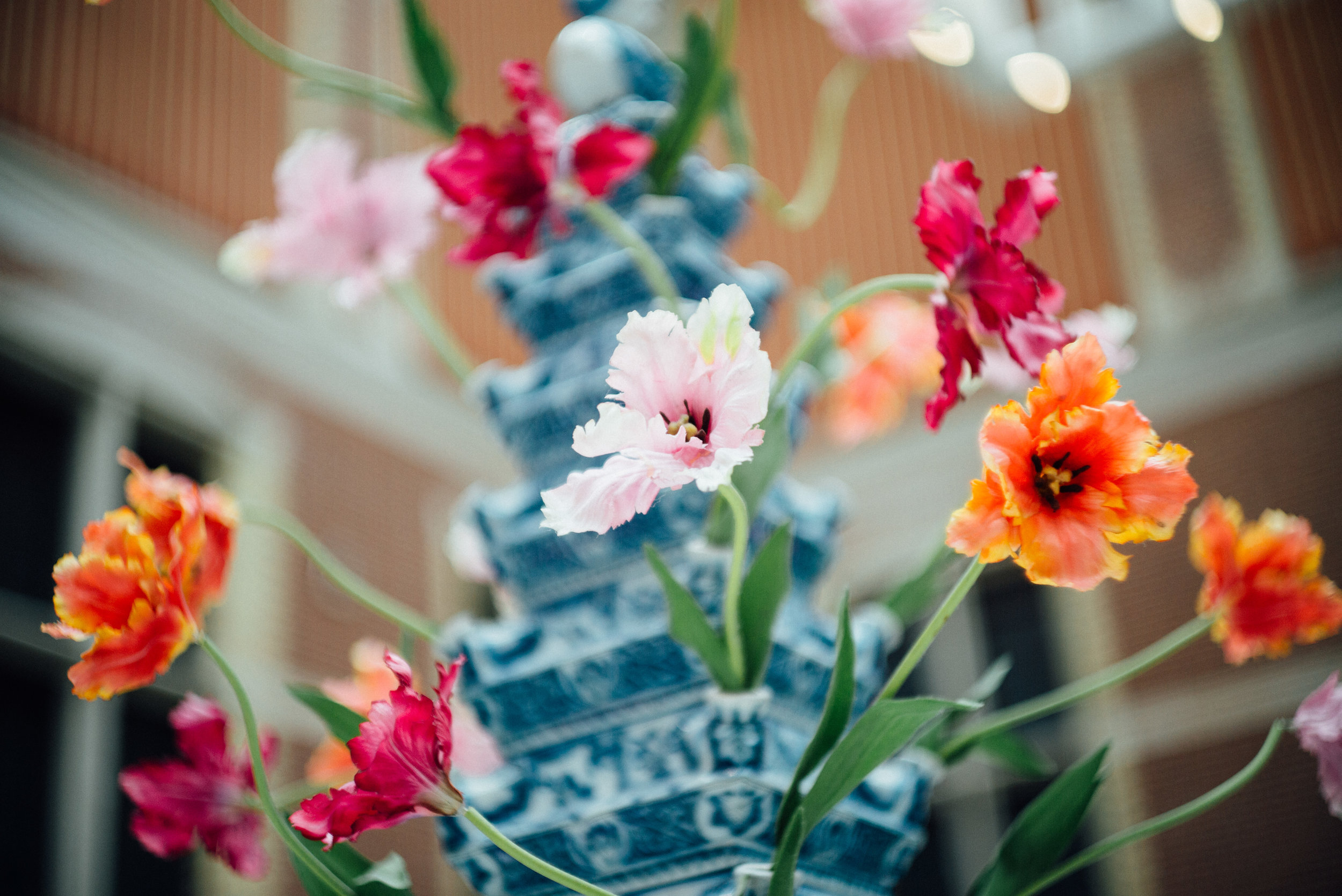
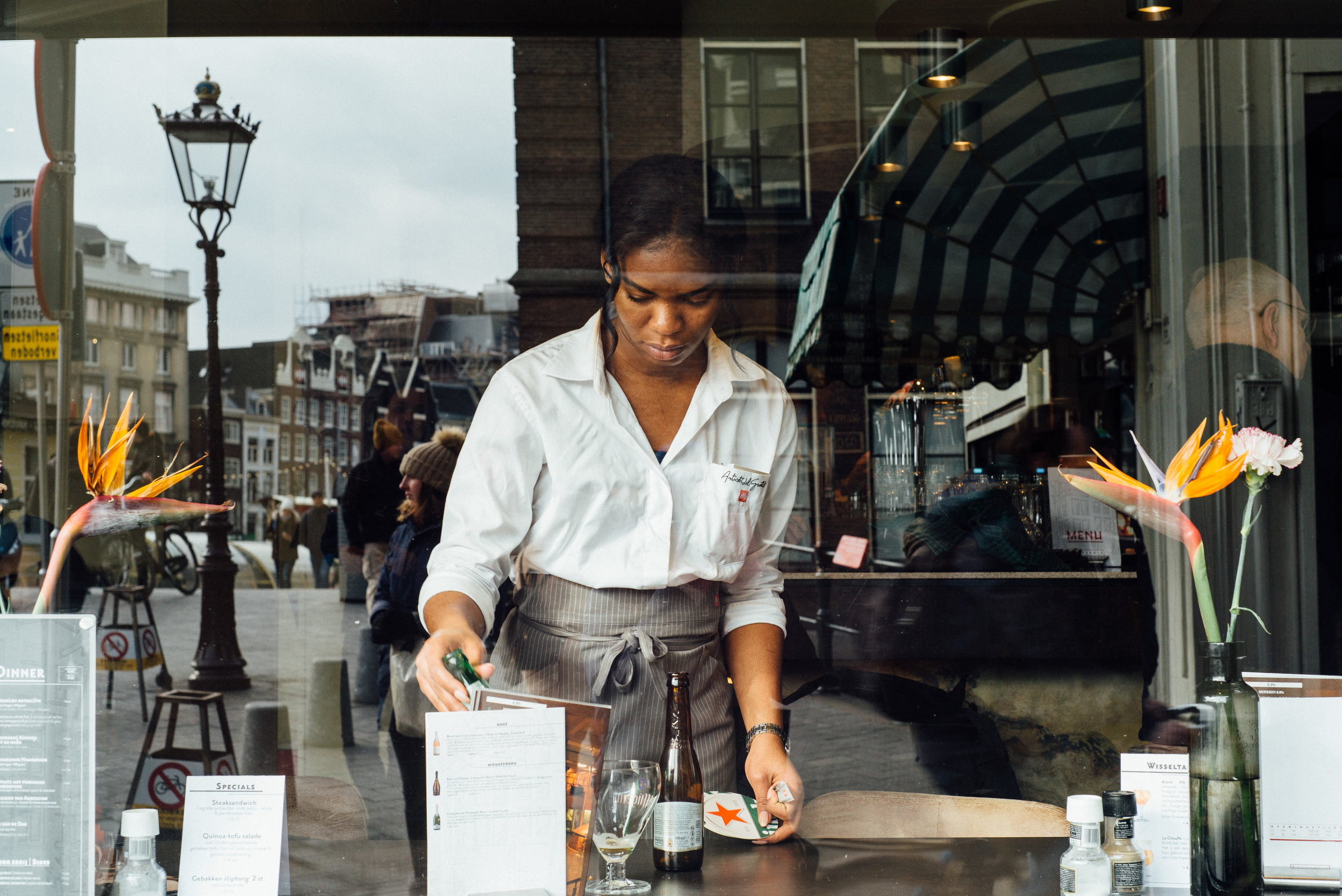


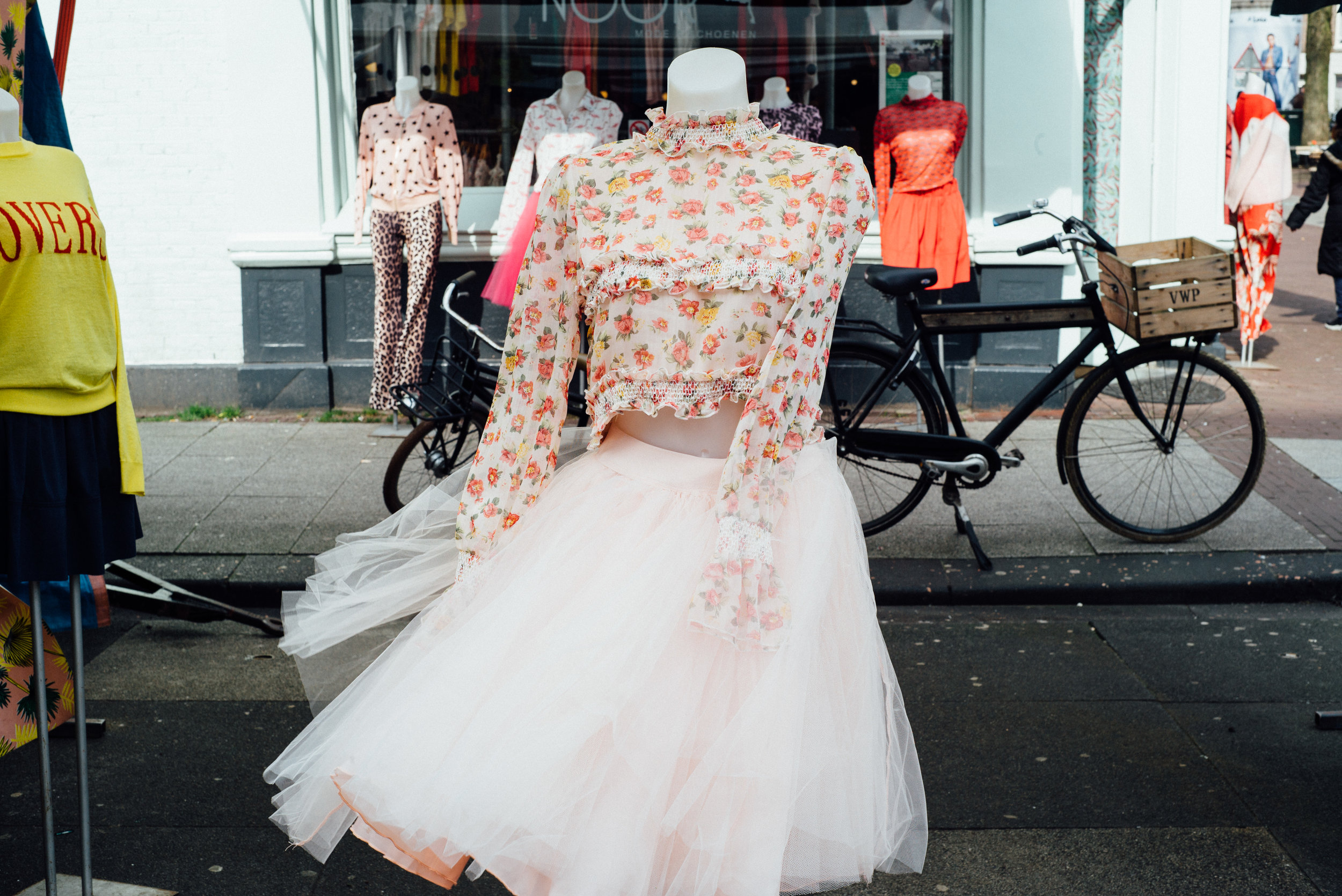
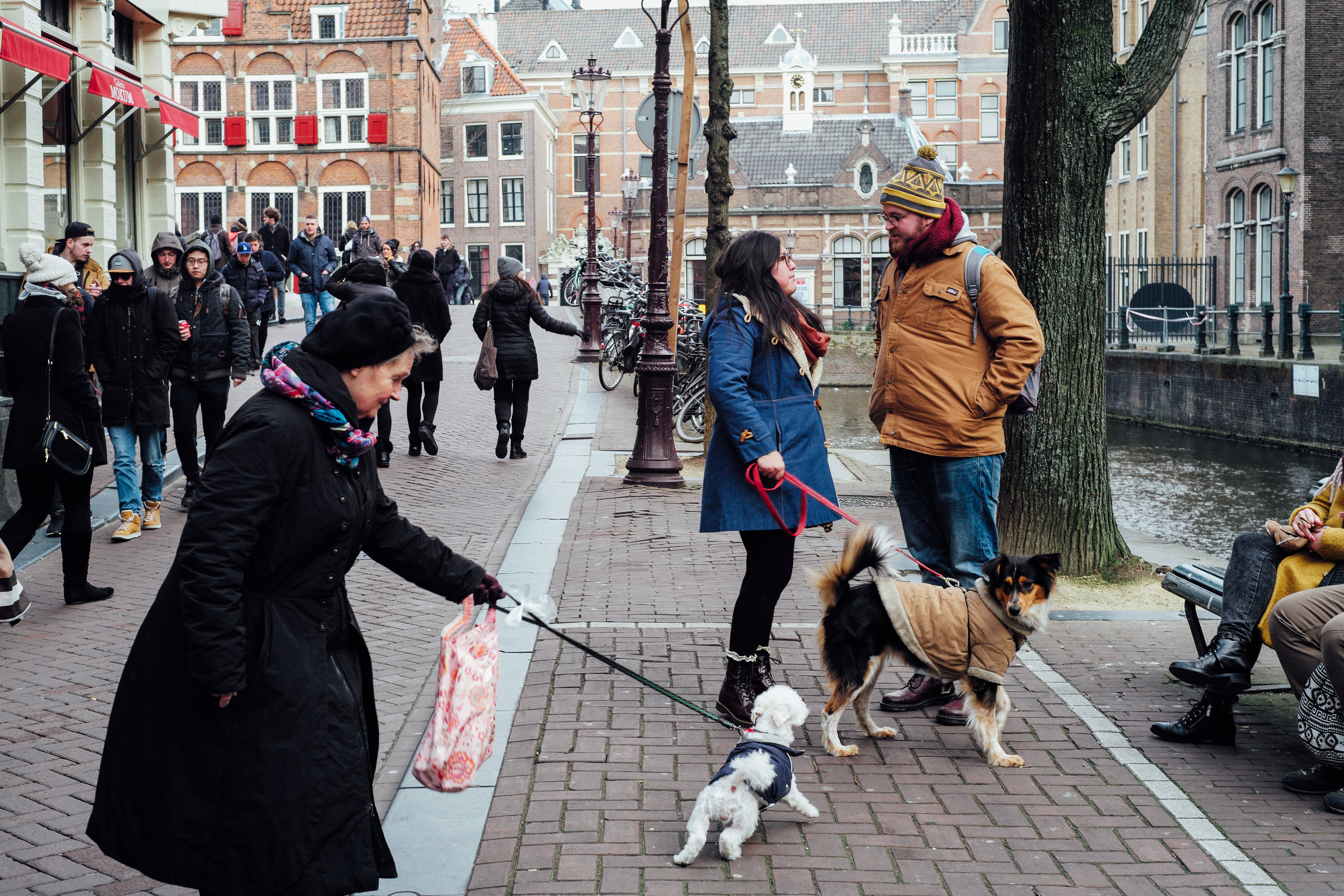



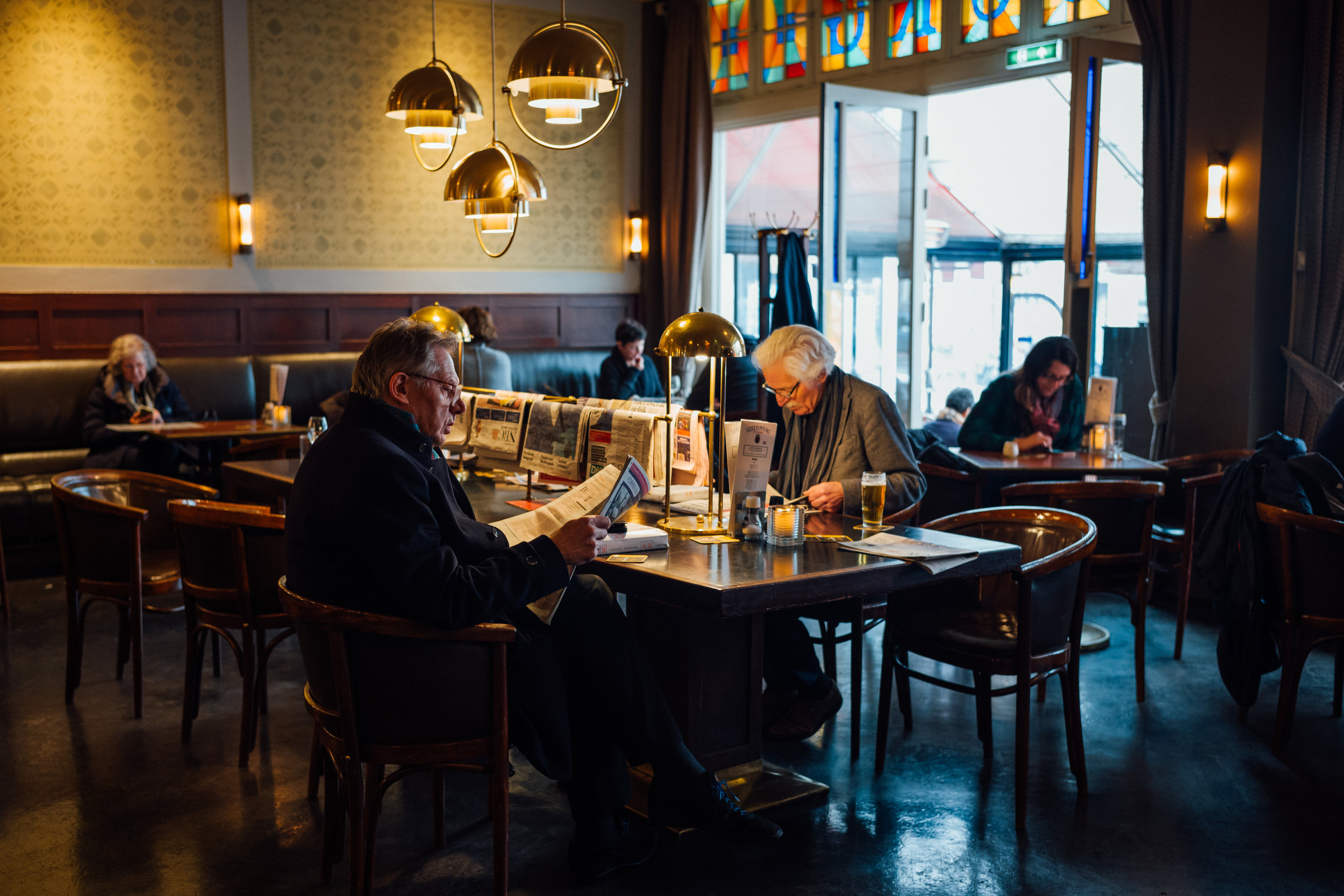

I am Drag King! /
Camera: Ania Holthausen
Edit&Production: Zoomintv
Voguing /
On the Reeperbahn /
Meeting Ula Wanecki /
Ursula is the most similar and most successful double of the chancellor AngelaMerkel in whole Europe.


Red Light District /
Meeting Veuve Noire /
The most mysterious German drag-queen. Quick- witted, wickedly funny and sophisticated. As a member of the Olivia Jones Family, she is the main attraction of the popular Kiez-Tour in the Hamburg Red Light District. It takes hours for her to get ready for the show. Make up, hair and wardrobe- everything down to the last detail. But perhaps amid all the jokes, mockeries and haste, there is also a chance to see her real self.





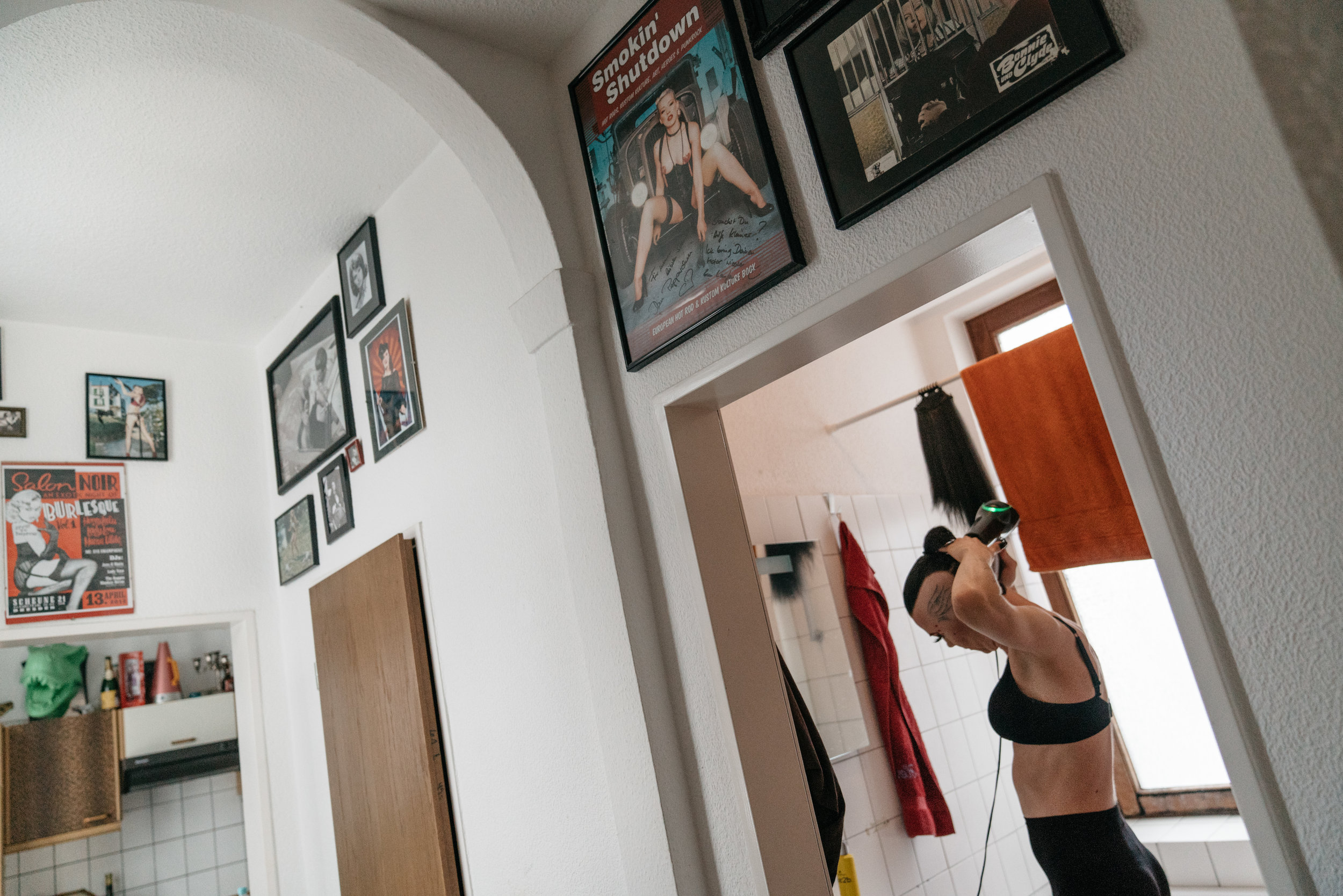














Roksana /
Padang Bai, Bali /
Padang Bai has remained a small, typical Balinese fishing village. Pura Silayukti Tample attracts fervant Balinese from all around the island. They are frequently seen heading to the temple in a procession, dressed in traditional clothes and armed with colourful offerings in order to pay tribute to the Gods.
































Dinner in Church /
Waiters instead of priests, the connoisseurs of international cuisine instead of worshipers. Church turned into a restaurant?
In Maastricht, two places of worship have lost their spiritual purpose. In the last 50 years, more than 900Dutch churches have been closed. Many of them have found new, often commercial purpose: restaurants, hotels and even bookstores.
One of the waitresses who’s been working there for many years now, admits that she’s never heard any protests against this new trend. ¨Even though theatmosphereis notreminiscent of a place of worship, it does not mean that God is not here, she says. “We are not sacrilegious. It is because our society has changed”, she adds. Dutch people rarely go to church. Averagely, 50 people tend to attend Sunday mass, that’s why the congregationsoften decide to close churches until they find an investor willing to breathe new life into them.
The hotel’s architect and star of Dutch design Henk Vos, arranged the interior in a way that allows visitors to catch glimpse of it from many angles. This is the reason why the hotel consists of many levels: with bar and reception situated on the ground floor, and library and business room located on the mezzanine level. But the hotel restaurant leaves the biggest impression on us. Local women Ingrid and Natalie always dine here after Saturday shopping. ¨The atmosphere is magical like nowhere else, and the food is incredible¨, they tell me smiling.
¨We serve the food suspended between heaven and earth¨, the hotel´s manager says. While dining, guests can admire exceptional ceiling and perfect lighting design.
But the unique design is not always practical.¨ The kitchen downstairs is very small. It causes some logistic problems¨, one of the hotel´s cooks complains. Still, this setback does not take away the pride of working here. The hotel´s staff admit that historical interiors inspire them to provide the best service possible. ¨My favorite dish is lobster with cheese crust and French rice¨, the cook adds. ¨Salmon is also good. It tastes just right¨.
Today, the hotel is Maastricht´s most-visited attraction. Nearly 80, 000 guests visit the building yearly. Until now, only two guests refused to book a room because they felt their religious feelings were hurt. This controversy has as many supporters as opponents. For the former, it is an expression of modern design. For the latter, the conversion remains sacrireligious. But at the end, nobody can stay indifferent.
¨It´s like a paradise¨ /
Counting till 10 is a real challenge for them. Some of them never went to school. The Polish teacher tell the story of immigrants learning German.
“Today, we will learn how to read and write 2- digit numbers”- Lucyna Krux , German language teacher at Volkshochschule in Berdisch Gladbach, greets her students. She’s been teaching the immigrants German language since few years. The so-called Alpha courses are often the beginning of the road for those with a refugee status. But only few students respond to Lucyna’s greetings. The majority of them can’t say a word in German.
“I teach them from scratch. It is a long and complicated process. Some of the immigrants have been living in Germany for few years now, but cannot count till 10. Luckily enough, there are few who start speaking, already after few months”, she tells me and points at at Zeyneb.
Zeyneb is her best student. She is Iraqi but she was born in Iran. Her immigrant status there, did not allow her to go to school in Iran. After she got married, together with her Afghani husband, she moved to Germany. “I really want to start my life all over again”, she explains in her broken German.
“Before, I have never went to school. This is like a paradise”
Zeyneb is her best student. She is Iraqi but she was born in Iran. Her immigrant status there, did not allow her to go to school in Iran. After she got married, together with her Afghani husband, she moved to Germany. “I really want to start my life all over again”, she explains in her broken German. “Before, I have never went to school. This is like a paradise”. She wants to become a senior care assistant or a saleswoman.
Hobby: watching TV
They come from Iraq, Syria, Afghanistan and Pakistan. Muslims and christians. Old and young. All together, There are 9 students in Lucyna’s group, with different life experiences and personal stories. “Their language abilities depend on the place of origin, education and knowledge of other languages”, tells Dietmar Paas, language section manager.







He is convinced that illiterate students have it the most difficult. In their case, it is important to learn the basics of communication in German. It is nearly one third of Lucyna’s students. Housewives Aise and Ramziyah have never read any book in their lives. Watching tv is their favorite form of entertainment. “It is a different culture”, Lucyna explains. “In Islam, women are responsible for household and children. Career is not meant for them”, she adds. Having children determines their community status. Knowledge of foreign languages is not that important.
The majority of immigrants has problems with language acquisition because they are not used to learning. Unconventional teaching techniques are not of any help. When Lucyna tried to initiate a game, she realized that many of her students do not understand even the simplest rules, and get stressed easily. But when she marks students’ work with red pen, it goes well. “Red color works as a simple symbol of something that is correct or incorrect”, Lucyna tells me.
Job market
Lucynaestimates that nearly half of her students will manage to learn German and find a job. Some of them work already, for example they do the dishes or work in a warehouse. “Every immigrant hopes to have a better life in Germany. Whether the integration is successful, we will know only in few years. It all depends on their willingness to learn and opportunities provided by the state. On our side, we try our best”, Lucyna sums up while looking at her watch. The break ends. The time for another German class has come.











